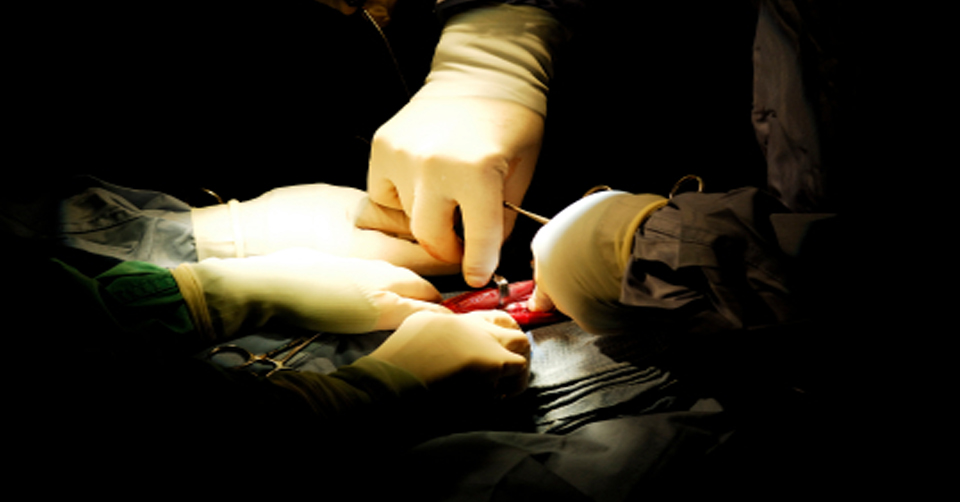Is PTSD directly related to fusion surgery for back pain patients
Study Shows 20% of Low Back Fusion Patients Will Develop PTSD Directly Related to the Surgery
Oregon Health & Science University study published in the journal Spine found that one fifth of patients who had low back fusion developed Post Traumatic Stress Disorder (PTSD).
"It is maybe not surprising that significant surgical interventions have psychological as well as physical impacts," said Robert Hart, M.D., an orthopedic surgeon, professor of orthopedics and rehabilitation at OHSU and senior author of the study. "I think it means that we in the medical community need to monitor for these effects in our patients and to manage them when they occur."
The strongest factor in determining whether a spine surgery patient suffered PTSD symptoms after the surgery was whether the patient had experienced depression or anxiety problems before the surgery. But some patients who had no such pre-surgery diagnoses also suffered PTSD symptoms after the spine surgery.
The OHSU study involved surgical patients of Dr. Hart who had lumbar spinal fusion surgery, a procedure in which two or more lumbar vertebrae in the back are fused together generally using metal screws and rods. Because spinal fusion is a major surgery there can often be complications and a long recuperation.
Invasive procedures such as spinal fusion and steroid injections should only be considered after conservative treatment methods are exhausted. Dr. Richard E Busch III of the Busch Chiropractic Pain Center in Fort Wayne, IN states, "we have helped thousands of back pain patients find relief using our non-surgical DRS Protocol®™ treatment for back and neck pain. A number of our chronic pain patients had been candidates for fusion surgery. They had been told that surgery was their only option. Through treatment with the DRS Protocol®™, our patients have been able to avoid surgery or a lifetime of addictive pain medication."
Because of their high success rates, the Joint Commission recently revised its pain management standard to include chiropractic treatments such as the DRS Protocol®™. When considering a treatment for chronic pain conditions, it's best to weigh the benefits to the patient. With conservative treatment methods, potential post-surgery risks and possible drug dependency are greatly reduced or eliminated.
in General
comments powered by Disqus